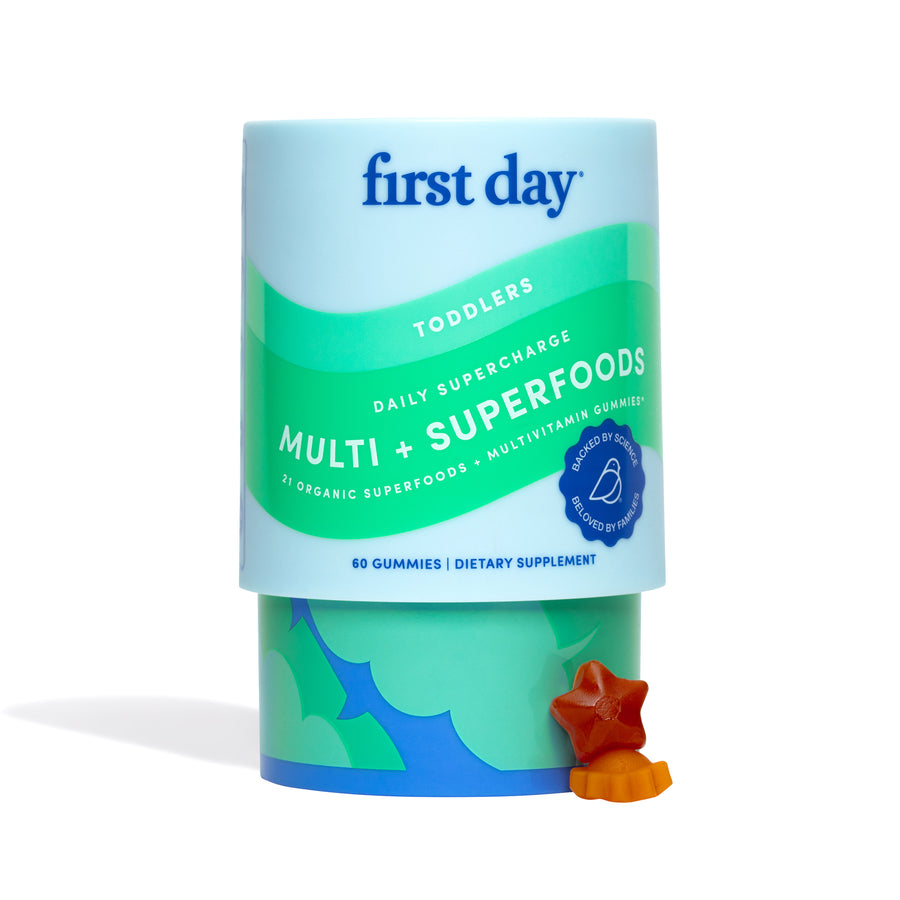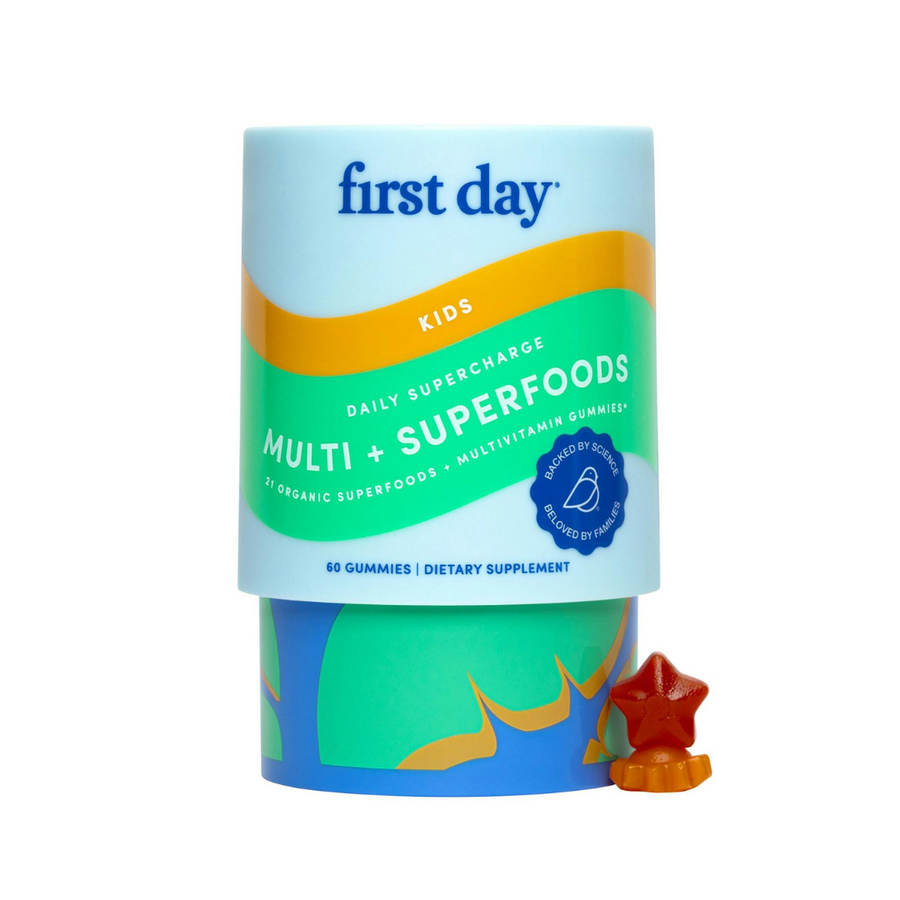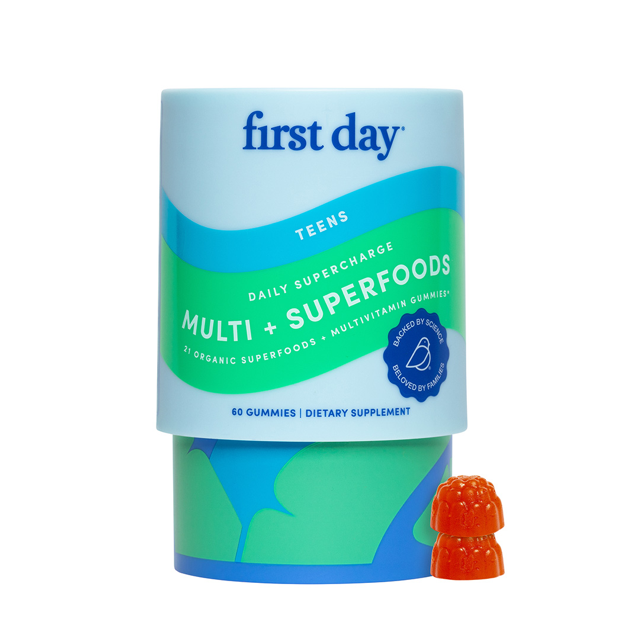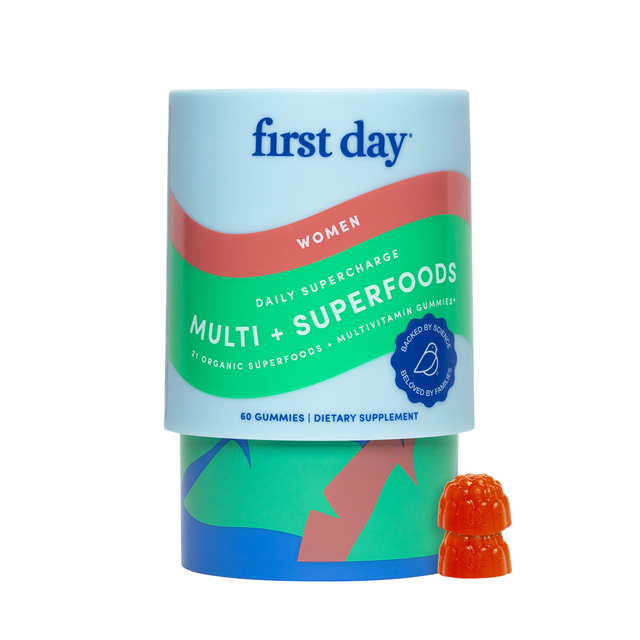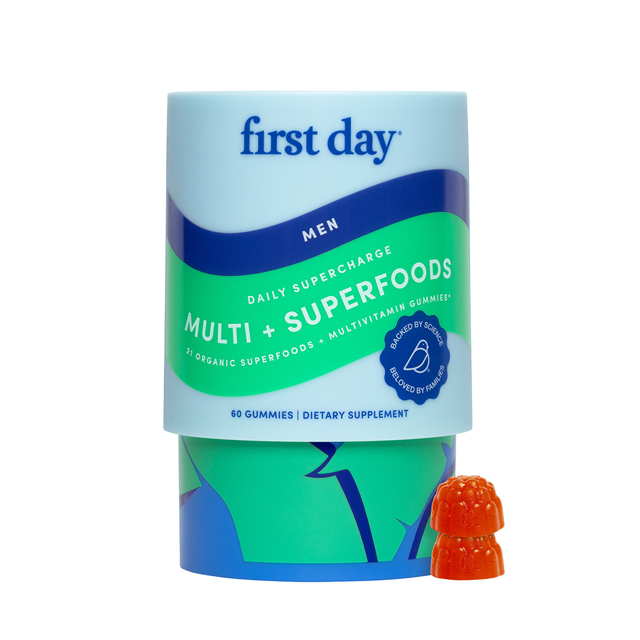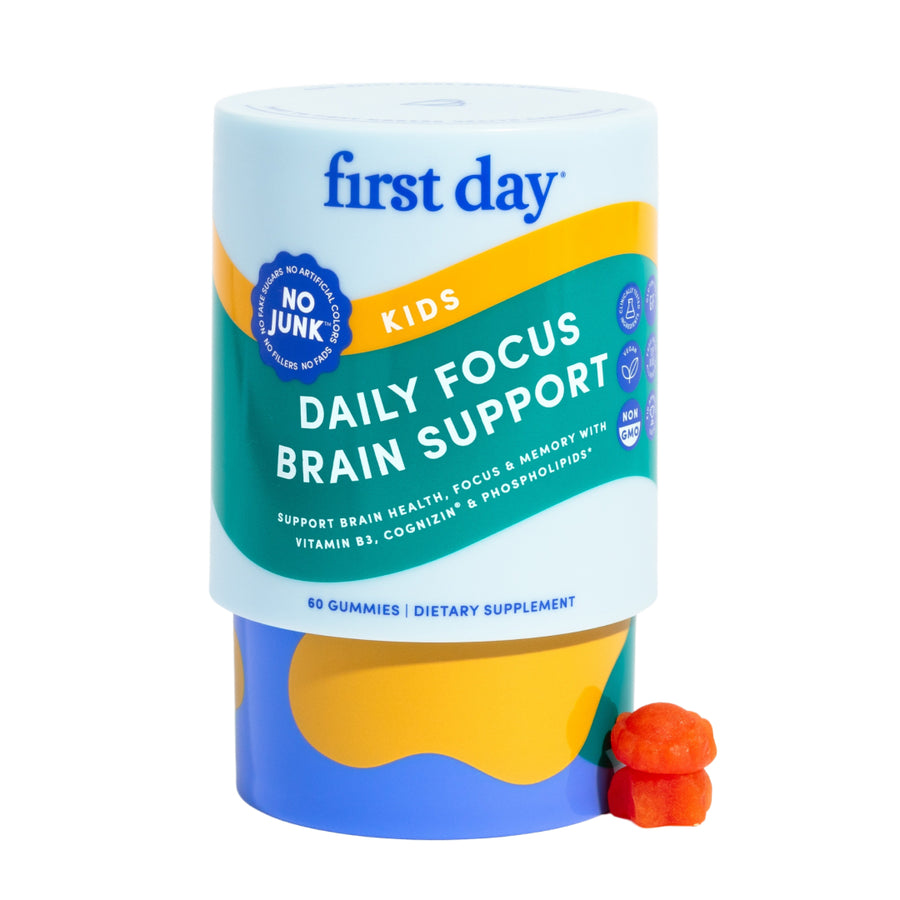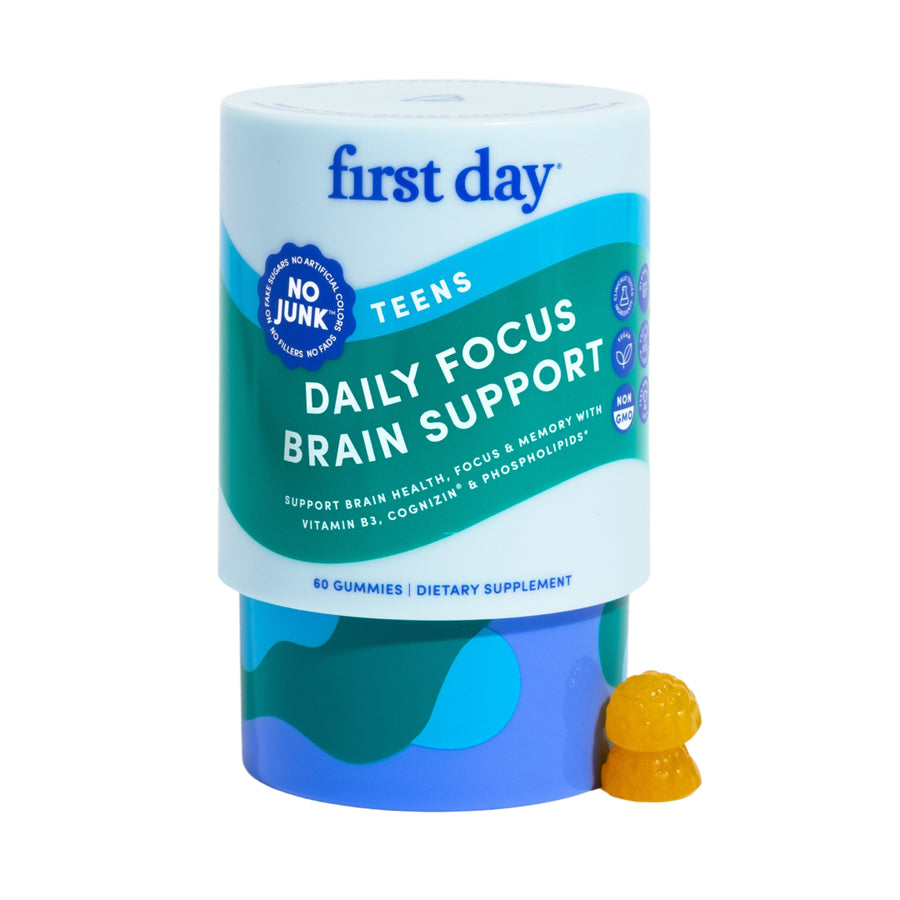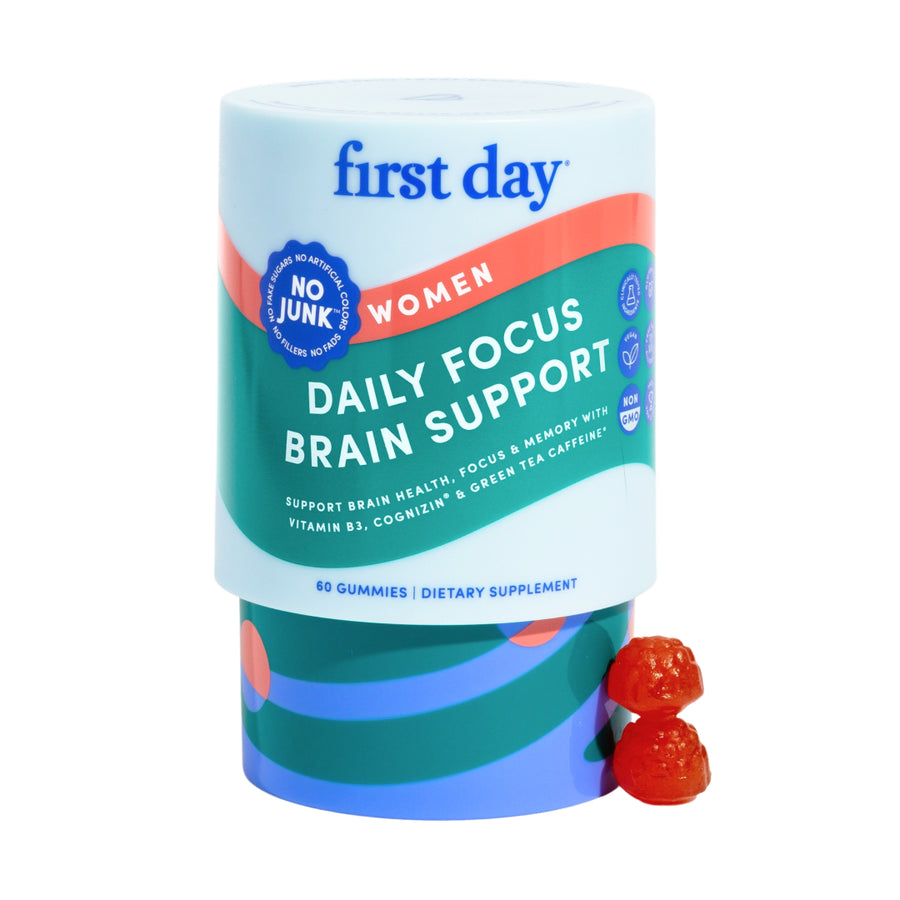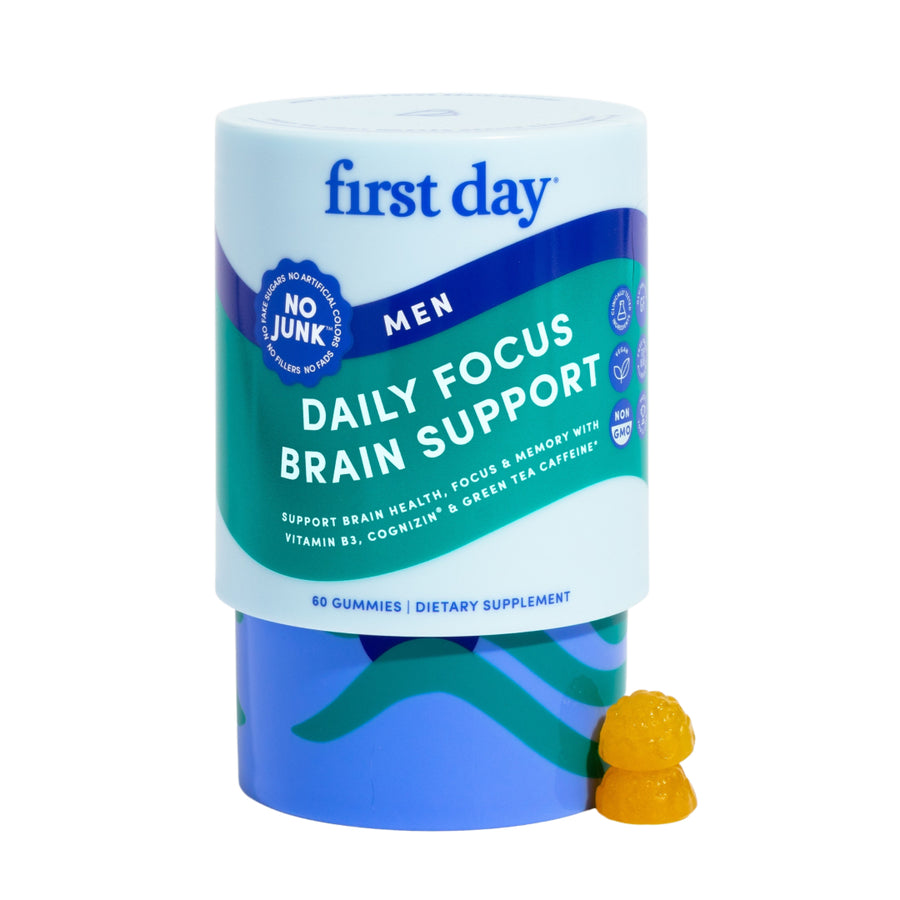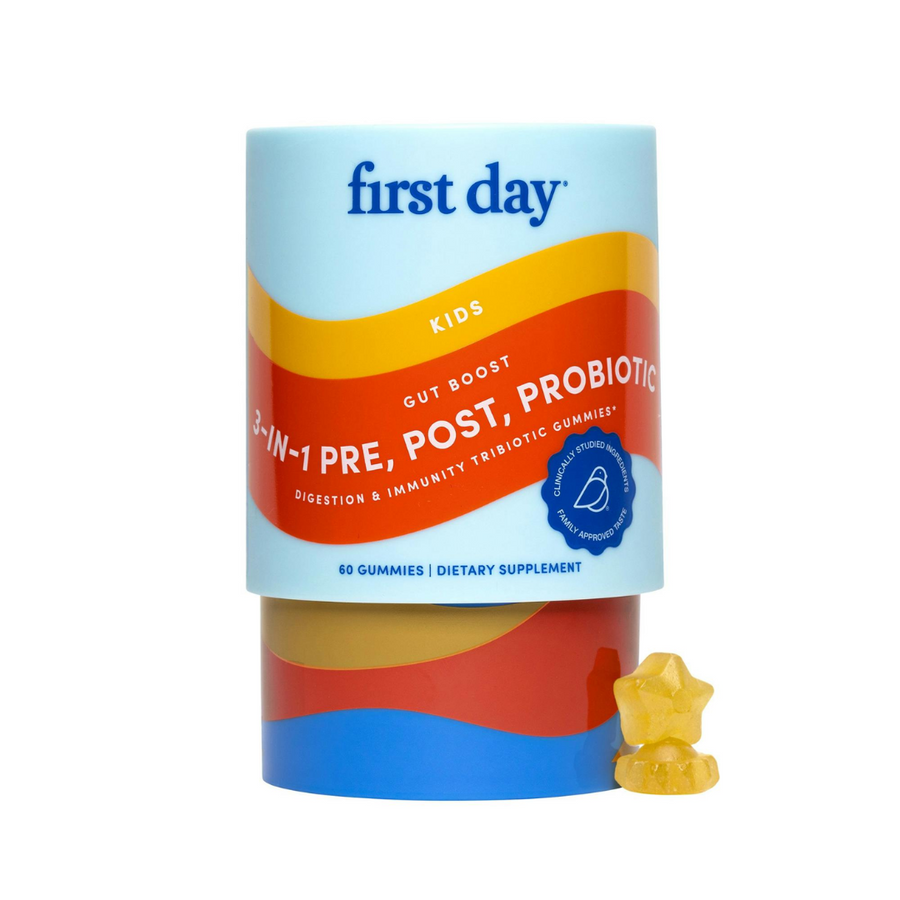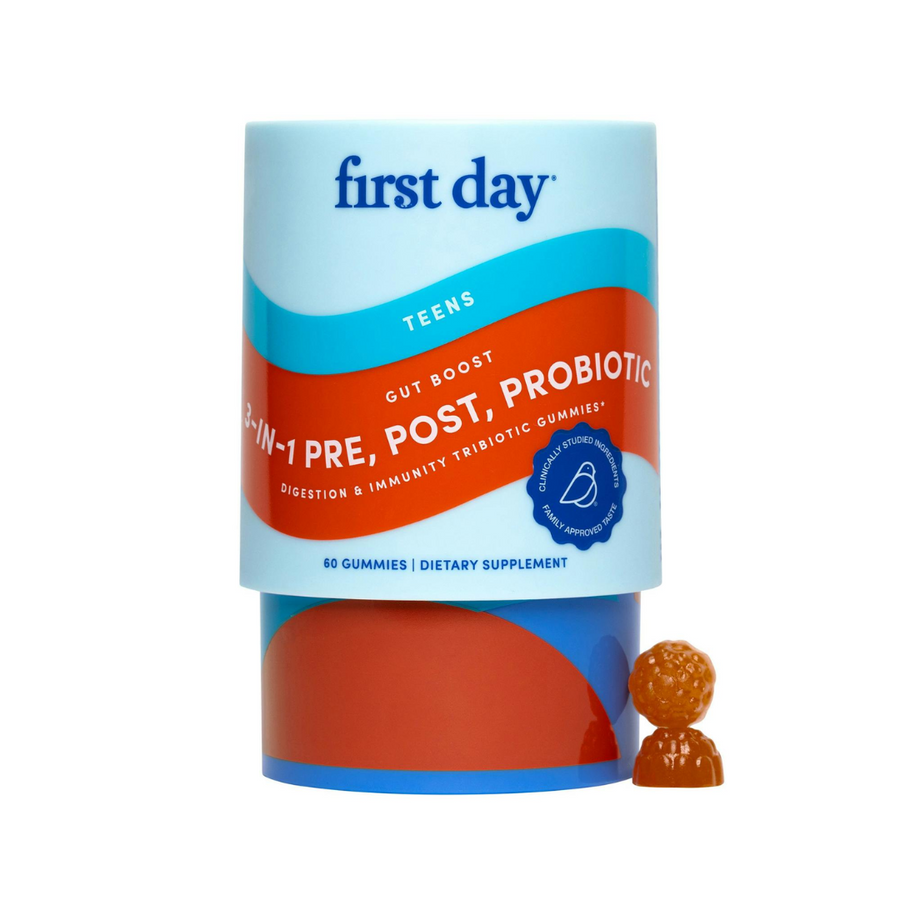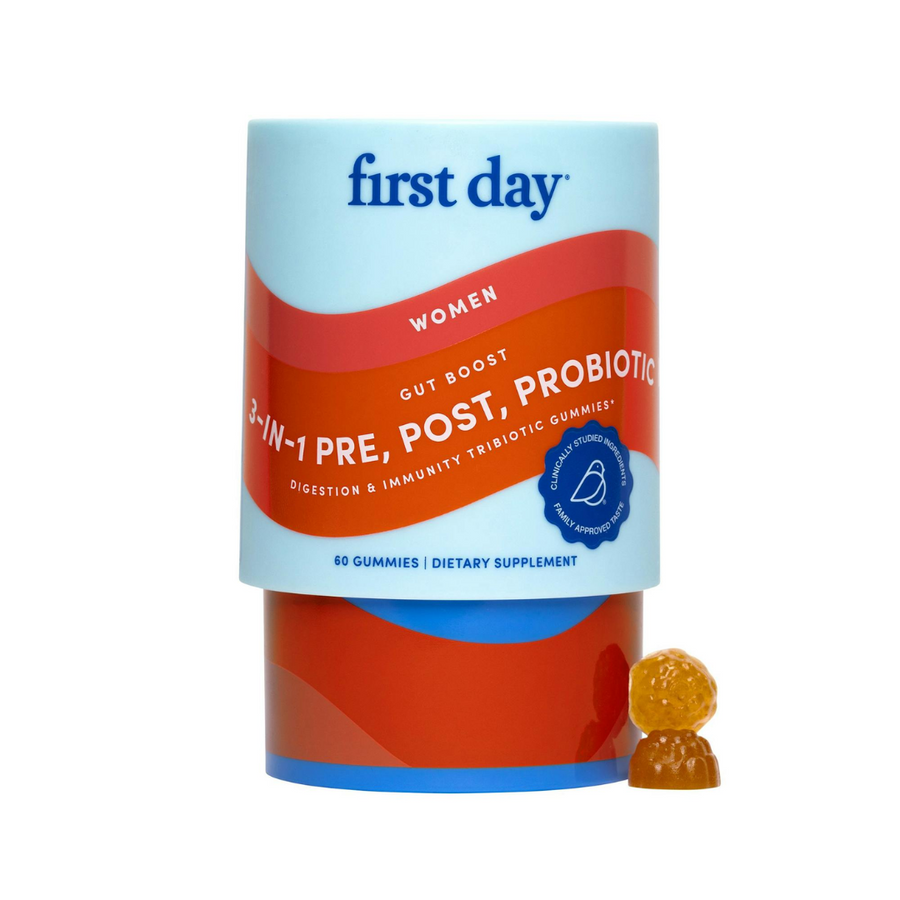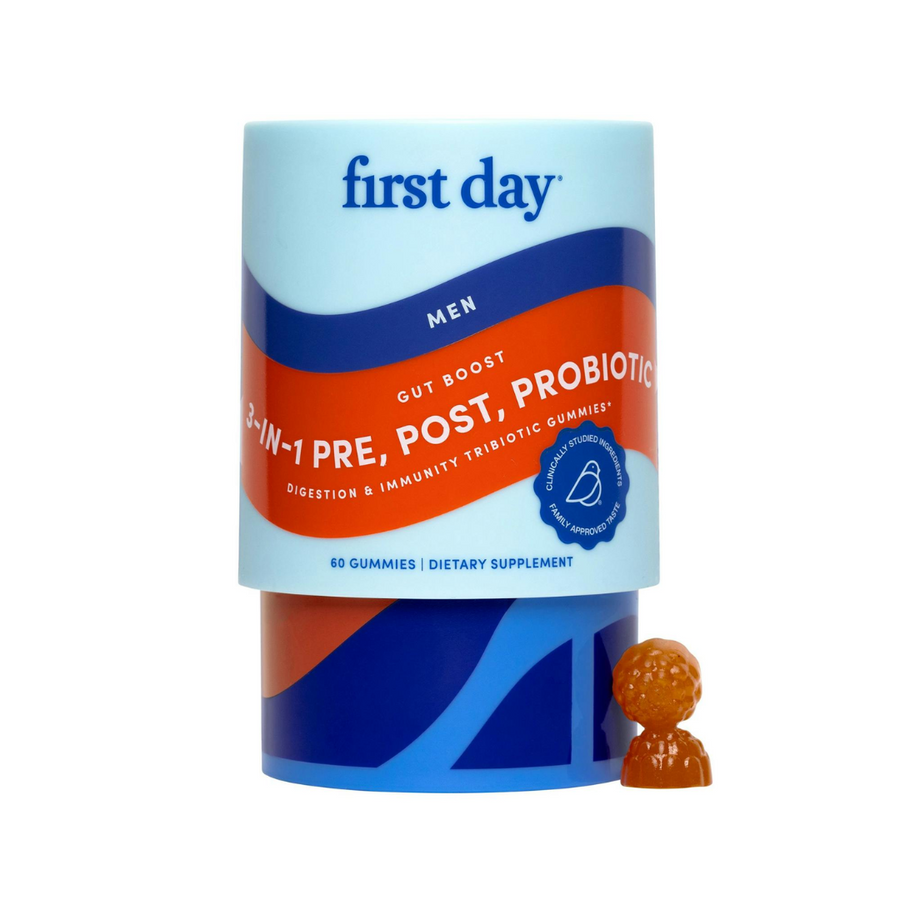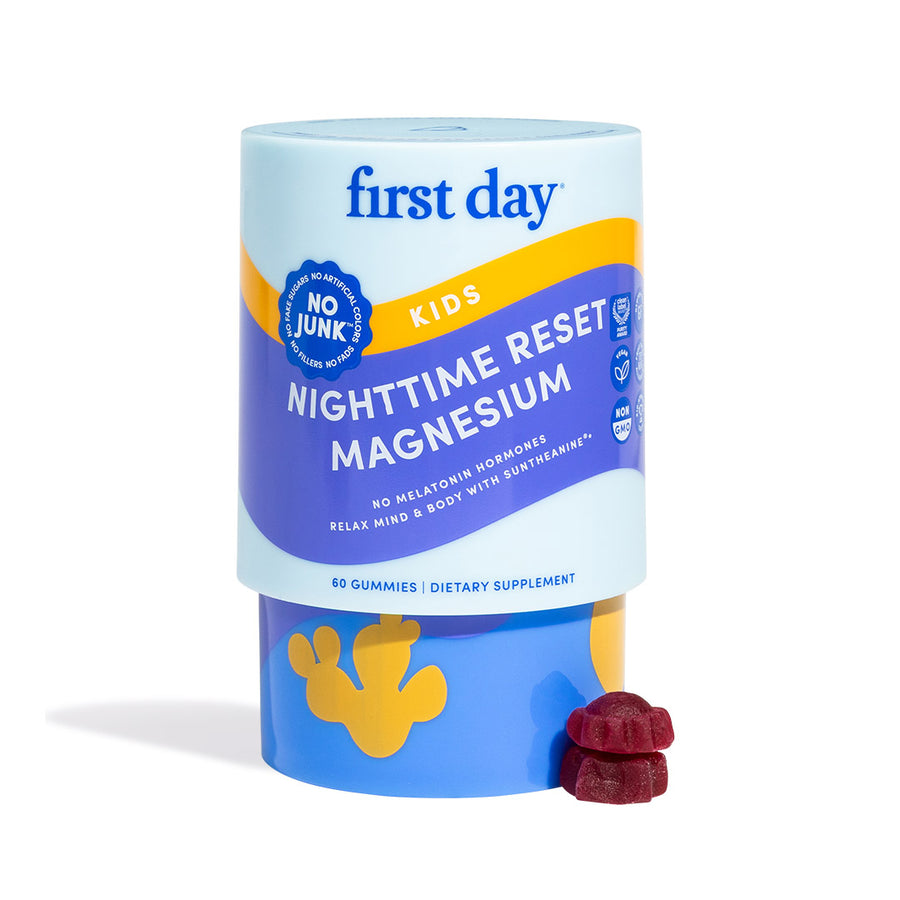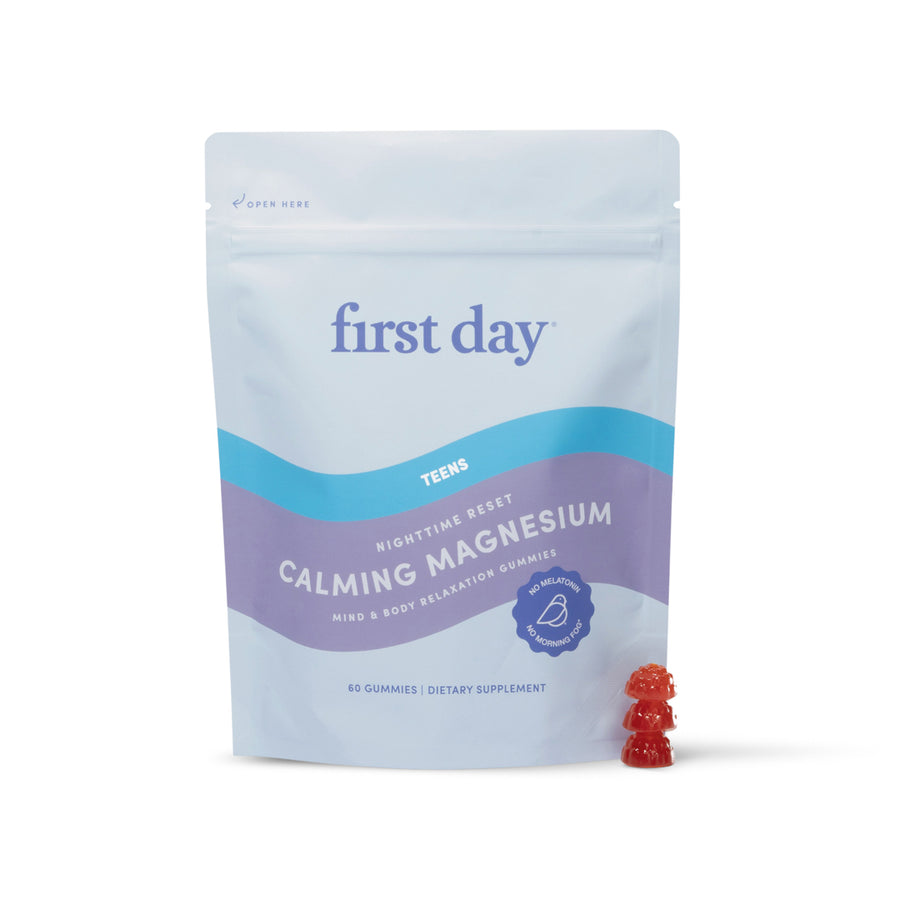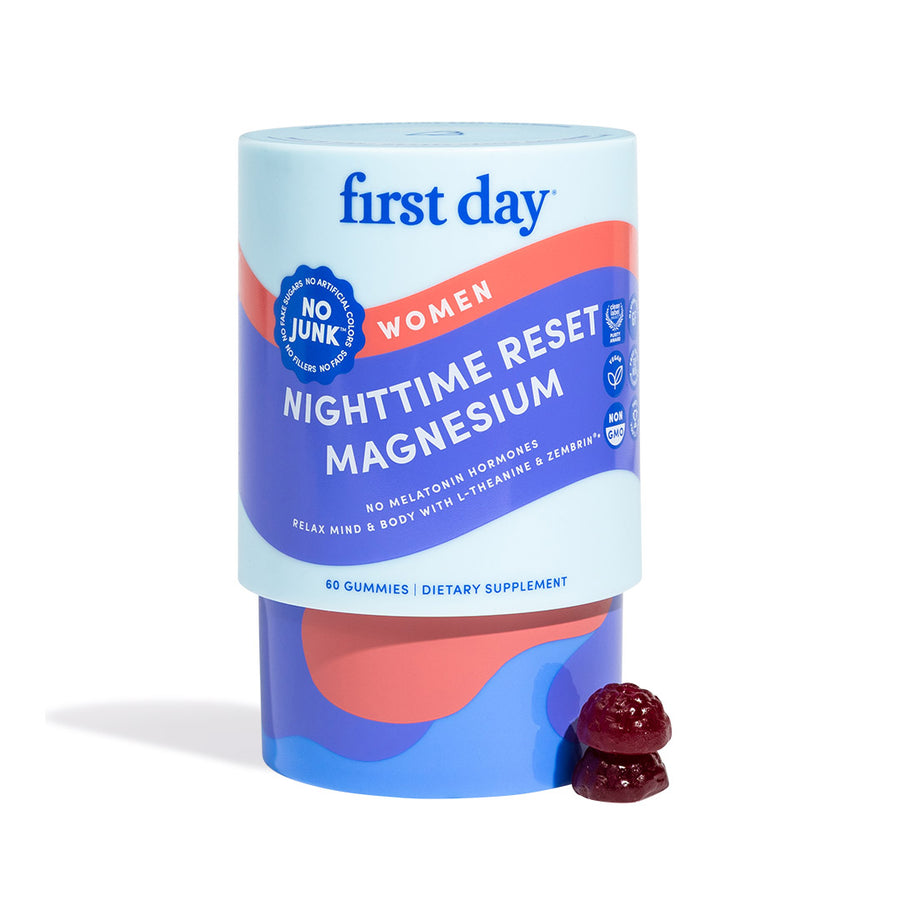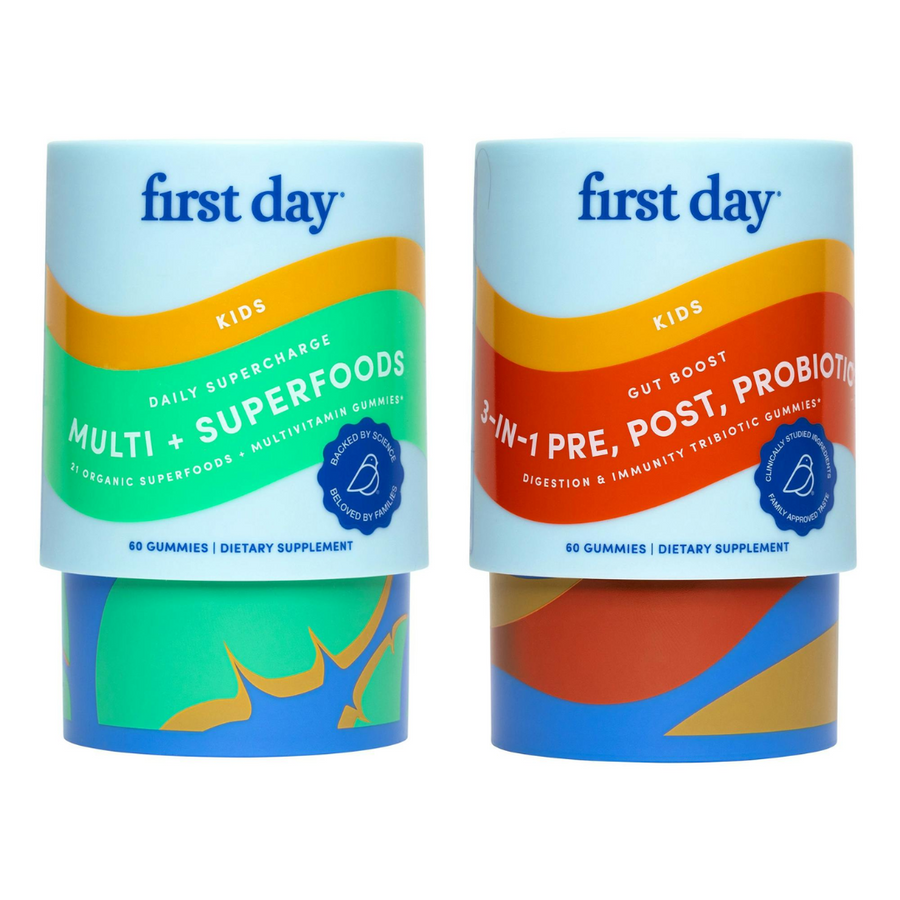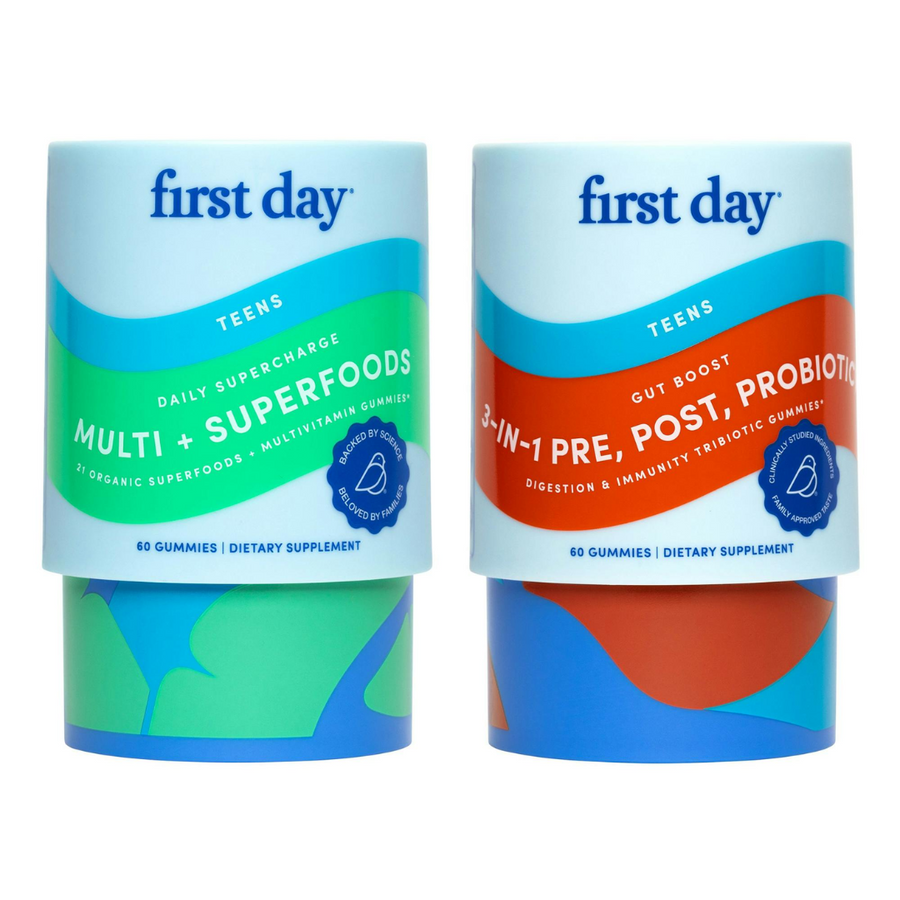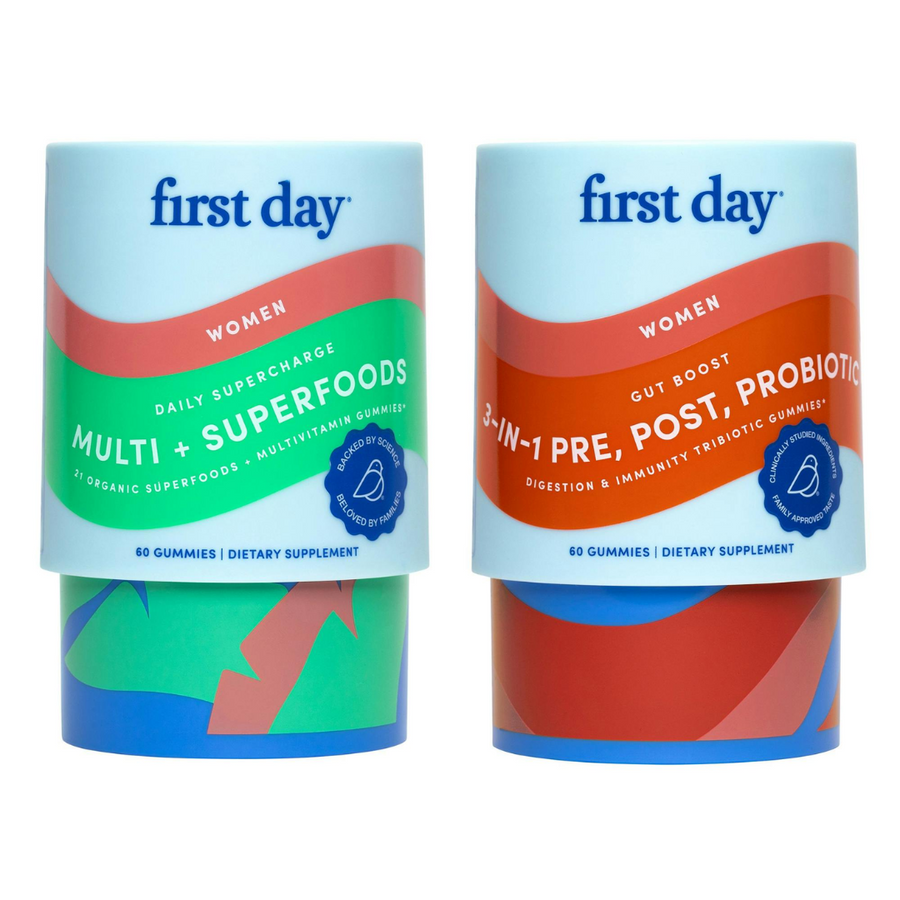We’ve all been there—you’re in the middle of an important meeting or on a date and suddenly you feel like your bloated gut is about to turn itself inside out. Yup, it’s that all-too-familiar feeling of gas and bloating. For some people, these issues can be a daily struggle, but thankfully probiotics for gas are here to save the day!
Probiotics for bloating and gas are your new best friend when it comes to getting rid of bloating and gas. So, here's what you need to know about how probiotics work and which ones might be the best for you.
Gas & Bloating: What Are They About?
Let's get this straight, gas is just a normal part of your digestive system, but things can get messy (or extra gassy) when your gut bacteria are out of whack. That's when the bad bacteria such as Bacteroides, Ruminococcus, and Clostridium ramp up gas production and leave you feeling like an overinflated balloon.
Bloating happens when your digestive system can't move that gas out smoothly, thanks to sluggish gut movement or gas getting stuck. Thankfully, probiotics swoop in to save the day by balancing your gut buddies, easing gas, and paving the way for a smoother digestive journey.
What Are Probiotics?
Probiotics are the "good" bacteria that help keep your gut in check by giving a boost to all the friendly bacteria that might be low because of what you eat, getting sick, or taking antibiotics.
So when it comes to tackling pesky gas and bloating, probiotics are on it! They work their magic right on your digestion and gut health.
Greek yogurt, kimchi, kefir, and sauerkraut are all probiotic foods that can help keep your gut flora happy. However, don't assume that any old yogurt or fermented food will do the trick. Many yogurts on the market are heated during production (called pasteurization), which kills those beneficial bacteria. So, supplements are often the best way to go if you want to get a healthy dose of probiotics daily.
Here are some popular strains of probiotics for gas and bloating that can help boost your digestion and cut down on gas:
- Lactobacillus: This friendly strain helps break down lactose and keeps things moving in your gut, making it great for easing bloating and gas.
- Bifidobacterium: A superstar for gut balance, this strain may cut down on gas and boost your overall digestive health.
- Bacillus Coagulans*: A live spore probiotic that may help bust gas and bloating, making it a great sidekick for your supplement game!
- Saccharomyces Boulardii: This special strain may help with excess gas so your gut feels balanced and happy.
What Are Tribiotics?
Alright, so you've heard of probiotics, but tribiotics? Tribiotics mix it up by bringing together prebiotics, probiotics, and postbiotics for an all-star combo that'll have your gut dancing with happiness.
These three powerhouses team up to create the perfect habitat for your good bacteria, boost your digestion, and kick those pesky gas-causing baddies to the curb.
Prebiotics: The First Defense
Prebiotics are key to a happy gut. They do their job by feeding the good bacteria living in your gut, helping them thrive and beat out the bad stuff. You can find prebiotics in foods like garlic, onions, bananas, and oats. They help grow good bacteria like Lactobacillus and Bifidobacterium, which are great for cutting down on gas and bloating.
In the world of Tribiotics, prebiotics lay the groundwork for probiotics to do their thing. By keeping your good bacteria well-fed, prebiotics help keep your gut balanced, which is super important for smooth digestion and less gas.
Probiotics: The Good Gut Guys
Probiotics are all about keeping the bacteria in your gut in check, which is super important for getting rid of gas and bloating. As we mentioned, strains like Lactobacillus and Bifidobacterium are awesome at cutting down on gas while making digestion smoother and helping things move along in your gut.
They also stop bad bacteria from taking over and causing extra gas. By regularly having daily probiotic supplements or fermented foods, you can maintain your gut health and avoid annoying issues like bloating and gas.
Postbiotics: The Last Line of Defense
Postbiotics might not be as well-known as probiotics, but they’re just as important for gut health. These are the goodies produced during fermentation, like short-chain fatty acids, peptides, and other metabolites. They help keep your immune system on point and cut down on gut inflammation.
By beefing up your intestinal barrier, postbiotics keep problems like leaky gut syndrome at bay, which can lead to less bloating and other digestive hiccups. Plus, they kick up the performance of your gut microbiome, so they're definitely worth adding to your gut health game plan.
First Day’s Women’s Good Gut and Men’s Gut Guardian: Supporting Digestive Health
First Day’s Women’s Good Gut and Men’s Gut Guardian are all about giving your digestive system the boost it needs. Using the tribiotic approach, these supplements mix up prebiotics, probiotics, and postbiotics to help keep your gut happy. They've got strains like Bacillus coagulans and Lactobacillus to tackle gas, ease digestion, and keep you regular.
Plus, they're crafted from clean, non-GMO ingredients that are gentle on the gut. These goodies are also dairy-free and sugar-free, so they fit right in with various dietary choices. If bloating or digestive woes are bugging you, these are your go-to for relief and ongoing gut health support.
Final Thoughts: Kick Gas and Bloating to the Curb with Tribiotics
Gas and bloating can be downright frustrating, but there are simple ways to tackle these issues using probiotics. By incorporating probiotics for bloating and gas into your daily routine, you can improve your gut health and keep those gassy troubles at bay.
And for an extra boost, try First Day tribiotics – a powerful combination of prebiotics, probiotics, and postbiotics that work together to support your digestive system. Whether you're experiencing occasional bloating or chronic digestive problems, taking care of your gut should always be a top priority for overall health and well-being.
Get Your Tribiotics Today & Save 36%!
Happy gut, healthy life!
References:
Mutuyemungu, E., Singh, M., Liu, S., & Rose, D. J. (2023). Intestinal gas production by the gut microbiota: A review. Journal of Functional Foods, 100, 105367. https://doi.org/10.1016/j.jff.2022.105367
Probiotics & Prebiotics – Ingredient Safety. (n.d.). Center for Research on Ingredient Safety. https://www.canr.msu.edu/news/probiotics-prebiotics-ingredient-safety
National Institutes of Health. (2023, November 3). Probiotics. Nih.gov. https://ods.od.nih.gov/factsheets/Probiotics-HealthProfessional/
National Institutes of Health. (2023, November 3). Probiotics. Nih.gov. https://ods.od.nih.gov/factsheets/Probiotics-HealthProfessional/
Majeed, M., Nagabhushanam, K., Paulose, S., Arumugam, S., & Mundkur, L. (2023). The effects of Bacillus coagulans MTCC 5856 on functional gas and bloating in adults: A randomized, double-blind, placebo-controlled study. Medicine, 102(9), e33109. https://doi.org/10.1097/md.0000000000033109
Akhondi-Meybodi, M., Rahimian, M., Salmanroghani, H., Amirbeigy, M., Baghbanian, M., & Ghelmani, S. (2014). Study of the Effect of Probiotic Saccharomyces Boulardii on the Treatment of Irritable Bowel Syndrome. Journal of Biology and Today’s World, 3(7). https://doi.org/10.15412/j.jbtw.01030703
Davani-Davari, D., Negahdaripour, M., Karimzadeh, I., Seifan, M., Mohkam, M., Masoumi, S., Berenjian, A., & Ghasemi, Y. (2019). Prebiotics: Definition, Types, Sources, Mechanisms, and Clinical Applications. Foods, 8(3), 92.
Zhao, X., Liu, S., Li, S., Jiang, W., Wang, J., Xiao, J., Chen, T., Ma, J., Muhammad Zahoor Khan, Wang, W., Li, M., Li, S., & Cao, Z. (2024). Unlocking the power of postbiotics: A revolutionary approach to nutrition for humans and animals. Cell Metabolism, 36(4), 725–744. https://doi.org/10.1016/j.cmet.2024.03.004

